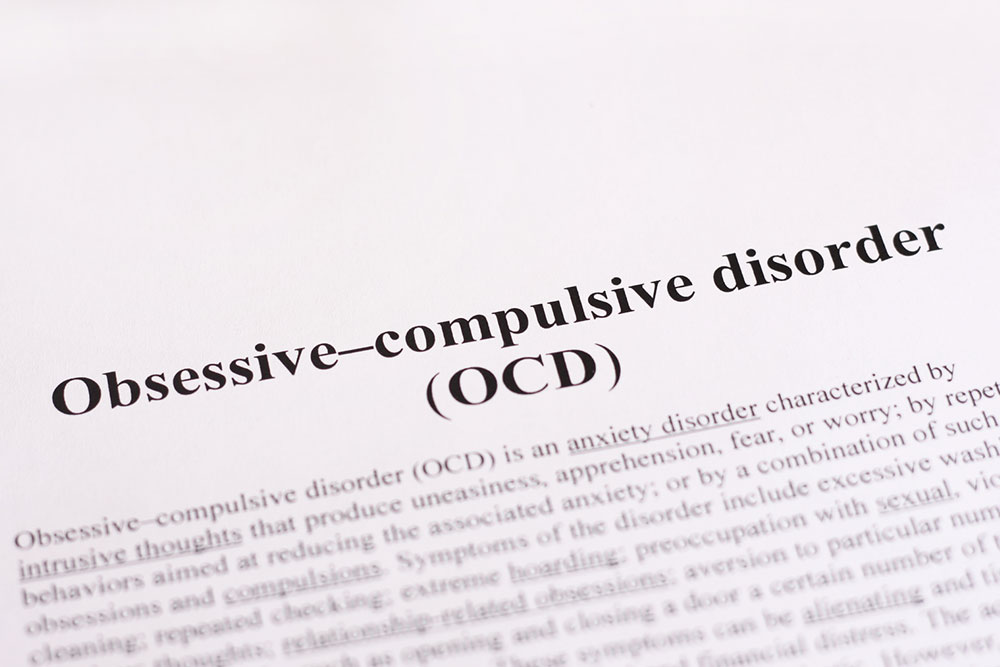
Treatment methods for obsessive-compulsive disorder
Obsessive-compulsive disorder (OCD) is a condition in which the person experiences a pattern of fears and arbitrary thoughts that lead them to perform repetitive behaviors. The disorder can meddle with one’s everyday life and create major distress.
Treatment for obsessive-compulsive disorder
There are several treatment options available that can help in controlling the symptoms. Although you may not get completely cured, these treatments can considerably improve your quality of life.
Some of the most commonly used treatment options are:
Psychotherapy
Generally, people suffering from the obsessive-compulsive disorder are suggested Cognitive Behavioral Therapy (CBT), which is a type of psychotherapy. It involves exposing the patient to the obsession or feared object, such as dirt, and having them grasp some healthy ways of dealing with the anxiety.
Although the technique involves a lot of patience and effort, it may help the patient in gradually overcoming their fears and leading a more satisfied life.
Medications
There are a plethora of medicines that can help in controlling the compulsions and obsessions of OCD. Under general circumstances, antidepressants are recommended first.
Some of the most effective and commonly used antidepressants to treat obsessive-compulsive disorder include:
- Citalopram
- Fluoxetine
- Fluvoxamine
- Sertraline
- Paroxetine
However, sometimes your doctor may prescribe other psychiatric medicines as well.
If a person doesn’t respond to the above-mentioned medicines, doctors may put him to another tricyclic antidepressant called clomipramine. Although it is one of the effective medicines to treat OCD, it has numerous side effects such as:
- Drowsiness
- Dry mouth
- Difficulty in urinating
- Frequent drop in blood pressure
Other than this, some antipsychotics may also be helpful in alleviating the symptoms. These medicines include:
- Ziprasidone
- Risperidone
- Olanzapine
- Quetiapine
Psychosurgery
This is the third treatment option and is often prescribed to patients who do not respond to medications or behavioral therapy. Broadly, four types of brain surgeries are seen as beneficial for treating the symptoms of obsessive-compulsive disorder, such as:
- Anterior cingulotomy: It involves a procedure where the surgeons drill into the skull and burn a part of the brain, known as anterior cingulate cortex.
- Anterior capsulotomy: This is similar to the first one, but the doctors perform surgery on another area known as an anterior limb of the internal capsule.
- Gamma knife: In this, high doses of gamma rays are used to penetrate the skull and destroy the affected brain tissue.
- Deep brain stimulation (DBS): Electrodes are placed at particular points inside the brain. These electrodes are connected to an implantable neurostimulator to send pulses to the brain.
Obsessive-compulsive disorder is a chronic ailment. There is no complete cure for it and it may always be a part of your life. In order to effectively battle it, you need to coordinate with your health expert and undergo therapy on a regular basis. Take your medications as directed too, to avoid any further implications.



